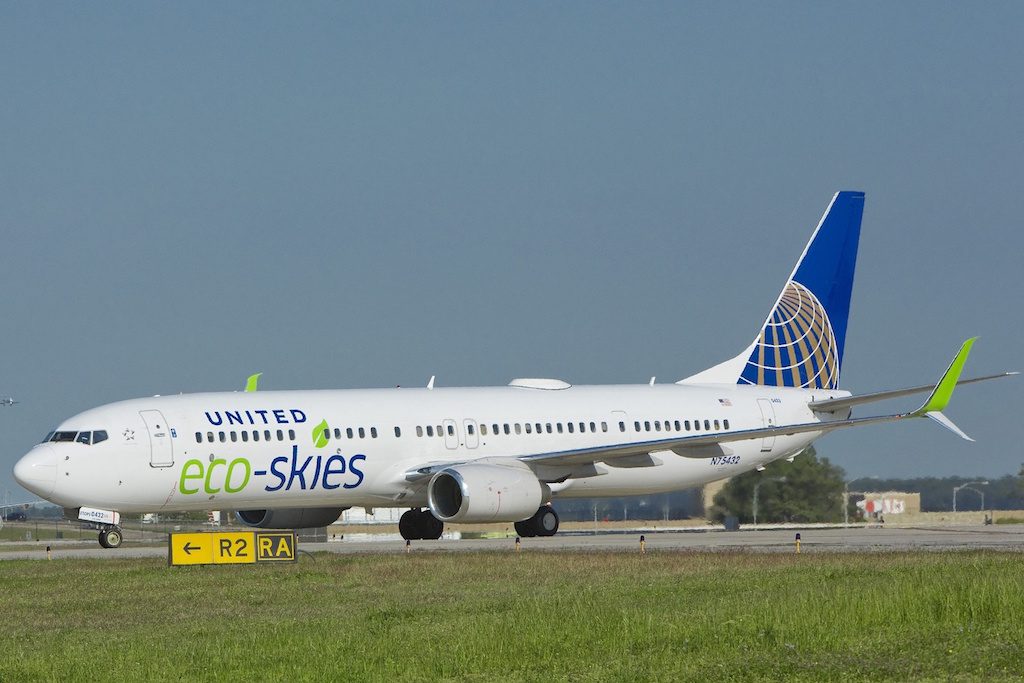Skift Take
This week in aviation, airlines grapple with increasing pressure to reduce their environmental impact. Plus, one of the world's largest airline groups is finally moving into Asia, after partnering with regional airline Thai Smile.
Airline News Weekly Roundup
Throughout the week we post dozens of original stories, connecting the dots across the travel industry, and every weekend we sum it all up. This weekend roundup examines aviation.
For all of our weekend roundups, go here.
United Touts Environmental Impact From Eco-Friendly Flights: While last week’s eco-friendly flight was as much marketing as it was real innovation, United is still leading the way toward environmentally friendlier skies.
Airlines May Have a Tougher Road to Reducing Plastics Than Hotels: It’s easy to say that travel companies should ditch plastics to help save the environment, but this will be much harder for airlines than some other sectors.
Star Alliance Gets a New Partner in Asia: Provisional partners are all the rage in the airline alliance community. Fiji last year joined Oneworld as an interim partner. Now, Thai Smiles is doing the same with the Star Alliance.
Airlines Reluctantly Adapt to Reimbursing Travelers for Flight Disruptions: TUI Fly says it’s the first airline to work with tech vendors to automate and standardize the process of flight disruption claims. Larger carriers, take note: You also need to reduce your enormous backlogs of consumer claims, whether you build tech in-house or find a vendor.
Scandinavian Airlines Goes Local With Farm-to-Tray-Table Menus: For long-haul flights SAS lacks the size and scale to compete with its much larger European competitors. On short-haul routes the airline can’t compete with the cost structure of the continent’s strongest low-cost-carriers. But there’s one place it probably does have an edge: its onboard food.
Travel Managers Express Concerns About Boeing 737 Max Safety: Travel managers are concerned for the safety of travelers who will be flying Boeing 737 Max series aircraft in the future, and with good reason.
Boeing’s Formula to Compete With Airbus Following Boeing 737 Max Disaster: Developing an all-new jet takes a decade and costs a fortune. And no one knows what the market will be for planes in the future. Understandably, Boeing is moving slowly. But if the company wants to keep its standing relative to Airbus, it should probably make some new technology airplanes.
Uncertainty Looms Over Boeing and Airbus Ahead of Paris Air Show: Over the past decade, global airlines have committed to a lot of airplanes. Perhaps too many. Is it possible the bubble might burst soon?
Get Skift Research
Skift Research products provide deep analysis, data, and expert research on the companies and trends that are shaping the future of travel.
Have a confidential tip for Skift? Get in touch
Tags: Travel Trends, trends roundups
Photo credit: United’s Eco-Skies 737-900ER aircraft. United Airlines
